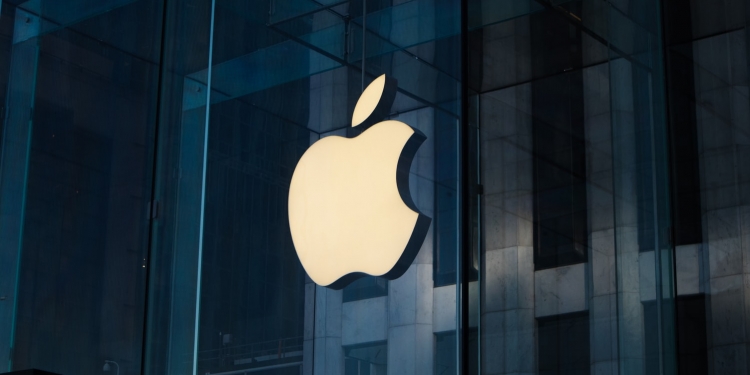Analyst Ming-Chi Kuo stated that the upcoming iPhone 13 will feature low earth orbit (LEO) satellite communication connectivity. The feature will allow its users to make calls and send messages in areas without 4G or 5G coverage, which is something that would be very useful for travel and cool expeditions, but also for users in underserved and vulnerable regions.
According to Kuo, the iPhone 13 lineup will feature hardware that is able to connect to LEO satellites. The phone will feature a customised Qualcomm X60 baseband chip that supports satellite communications.
What does ‘low earth orbit’ satellite connectivity mean?
LEO satellites are what’s behind Elon Musk’s Starlink internet service, which relies on satellites in a lower orbit to beam internet down to customers. LEO connectivity can help avoid some “common pitfalls” of the more regular ‘satellite internet’—including high latency, and common blackouts.
Because LEO satellites orbit at altitudes of less than 2,000 km above the Earth’s surface, they circle the planet several times a day—providing continuous connectivity for any given area. By contrast, traditional satellites are predominantly positioned in geostationary orbits, which can only provide concentrated connectivity service that covers a fixed geographic area.
Currently, users of Starlink experience data speeds from “50Mb/s to 150Mb/s and latency from 20ms to 40ms in most locations over the next several months”—which isn’t bad at all. However, they warn that there could be “brief periods of no connectivity at all”, but as they launch more satellites, the connection will “improve dramatically”.
But the LEO satellite communication service provider that is “most likely to cooperate with Apple in terms of technology and service coverage” is said to be Globalstar. The company’s stock skyrocketed earlier this year when Qualcomm announced its upcoming X65 chip would support Globalstar’s Band n53 tech.
Kuo added that Apple is “optimistic” about the trend of satellite communications and they have set up a specific team for research and development of technologies related to it “some time” ago. The company is believed to want to bring LEO communications to more devices in the future.
How it can help
Areas that are vulnerable to communications disruptions caused by natural disasters could use LEO-based technology to help re-establish connections and support disaster response. It could also be useful for landlocked developing countries and small island developing states may have limited connectivity via terrestrial or undersea cable.
LEO constellations is also expected to help reduce the costs of service, as Musk’s Starlink is offering a beta test “at competitive rates“. If that’s true, it could mean a world of a different for under-privileged areas in need of mobile-based connection.
A year ago, we visited Veveonah Mosibin at her village in Pitas, Sabah, where the mobile data on our phones went down from 4G to EDGE the closer we got there. Her story got corporations like TM to upgrade their internet centre with 300Mbps fibre optic connectivity. Eventually, her village was covered with 4G as part of ongoing efforts to improve connectivity under the NFCP—but there’s still a vast difference between urban areas and rural areas when it comes to connectivity.
Something like the iPhone 13’s possible satellite communication connectivity could mean a huge difference in connection accessibility for the underprivileged. But as iPhones are notorious for being costly, accessibility for those areas will still be out of reach for now until the phones with the technology are cheaper… or until these areas get the connection they need. And even if the iPhone 13 supports satellite connectivity, a separate subscription plan might be required. There’s a possibility that the satellite service could be offered as a bundle along with other Apple services.
[ SOURCE, IMAGE SOURCE ]








